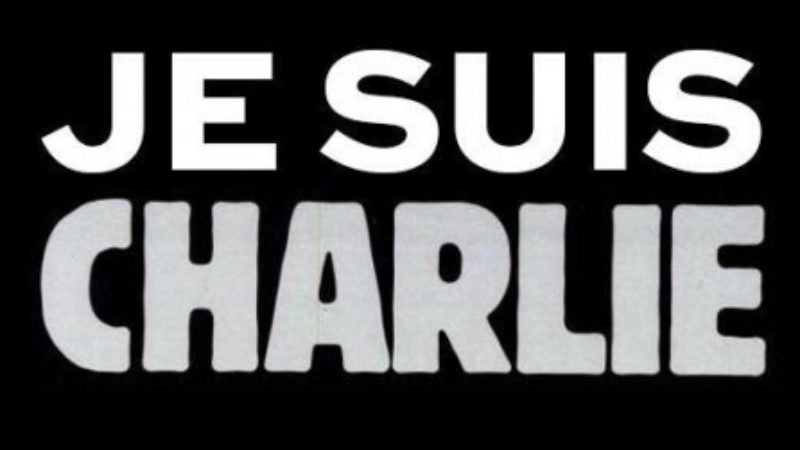
Just a week after the horrific attacks in Paris, we have already started engaging in a dialogue of the deaf. It was an attack on free speech and the right to offend, say most people across the western world. But speak to most Muslims (even liberal ones) in private and they say something else: this wasn’t about free speech. The answer, I think, may be somewhere in the middle.
Allow me to take my journalist hat off for a second and put my counter-terrorism hat on. There’s no doubt that extremists Muslims get angered by insults directed at the Prophet Mohammad. But they get more vexed by other Muslims integrating into western society. This is why they waste no time in killing Muslims who get in their way. This is why jihadis have consistently killed far more Muslims than non-Muslims.
Al-Qaeda, ISIS and their ideological enablers don’t just want a clash of civilisations, they need a clash, to sustain momentum and achieve their goals. Take ISIS for example, which has been extraordinarily successful at attracting recruits from all over the world. An estimated 2,000 European Muslims have to Syria to fight with the terrorist group. Assume that another quarter – around 500, have been detained before they were able to leave. Let’s round it up to 3,000 ISIS recruits. That means just around of 0.0067% of Muslims across Europe, who number around 45 million, have actually been tempted by ISIS. That is pitifully low for a terrorist group that has been the most successful of the lot.
This is the point many Muslims have been making since – that the attack on Charlie Hebdo was a pretext towards the broader goal of provoking this clash.
An attack on a magazine known for ridiculing their Prophet is convenient also because it puts French Muslims on the defensive and provokes it. Or to put it another way, al-Qaeda won’t care that Charlie Hebdo is printing 3 million copies, that will only alienate more French Muslims. It fits nicely into al-Qaeda’s narrative that the West will never accept or understand them.
This isn’t to say that Charlie Hebdo shouldn’t fight back. They have a right to. But I suspect many British Muslims mean to say we should be careful of falling for al-Qaeda’s trap, and I think that’s an important consideration.
But beware of those who offer simplistic narratives. According to Asghar Bukhari of MPAC, who was invited to several debates last week, this was all about western wars against Muslims. That is a convenient explanation except that France vehemently opposed the Iraq war and has been a strong ally of Palestine in recent years. And if this was a backlash against governments, why attack Jews in a kosher shop? Should all Jews be held responsible for Israel’s actions? Of course not.
The day after the attack on Charlie Hebdo, I made some of these points to an audience at the Guardian. At the event, the writer and academic Timothy Garton-Ash suggested that British newspapers and websites should organise a day where they all publish the cartoons from Charlie Hebdo as an act of solidarity and to state clearly that they would not be cowed.
Of course, the attack on Charlie Hebdo was also about free speech. How could it not be, when Muslim-majority countries across the world lock up satirists or critics, or allow blasphemy laws to be used to attack minorities. Countries like Saudi Arabia, Bahrain, Pakistan and Iran have encouraged the very attitudes that led to the attack on Charlie Hebdo.
But a defiant act of jointly publishing the cartoons would do the opposite of its intent. Rather than signalling unity against extremism, it would splinter opinion along religious lines. Rather than cowing the jihadis it would strengthen and energise them. We would end up playing straight into their hands. The attacks in Paris weren’t just about free speech – they were an attempt to turn us against each other. The best response to al-Qaeda would be to resist that temptation.




More from LabourList
‘Energy efficiency changes must work for older private renters’
‘Labour’s creative destruction dilemma’
Economic stability for an uncertain world: Spring Statement 2026